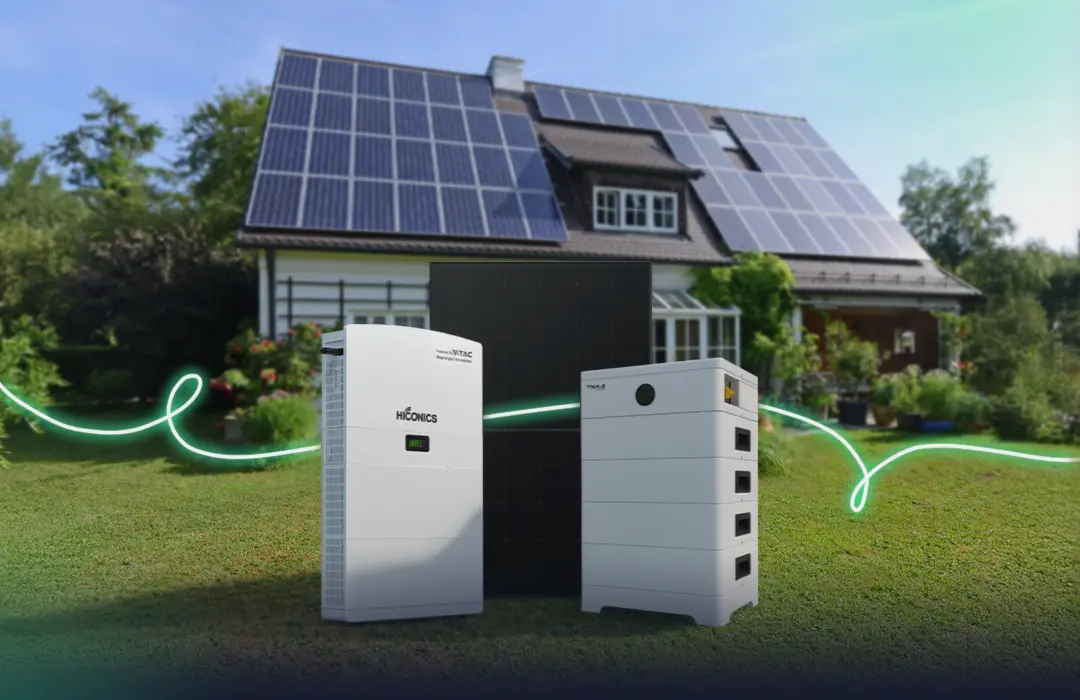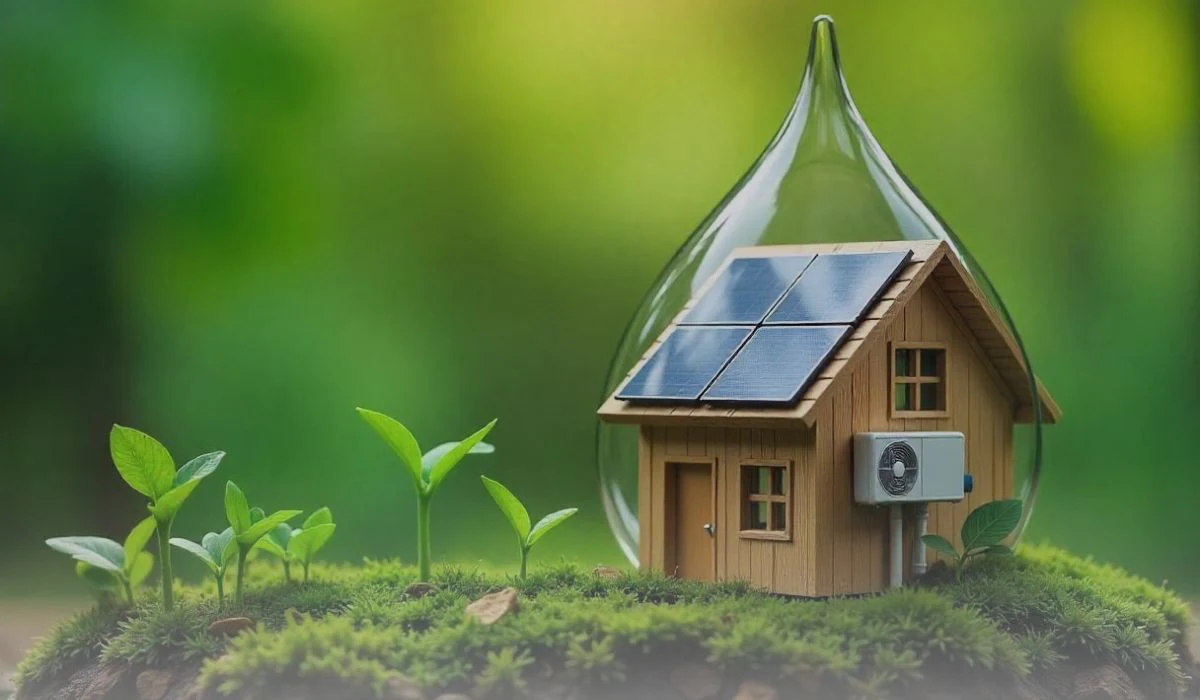Heat pump hot water systems are gaining popularity across Victoria as an energy-efficient and eco-friendly alternative to traditional gas or electric water heaters.
But with Victoria’s cooler climate, particularly in regions like Ballarat or the Dandenong Ranges, many homeowners wonder: Do heat pump hot water systems work in cold climates?
The short answer is yes. With advances in technology, modern heat pumps are designed to perform efficiently, even in chilly conditions. Let’s explore how these systems work, why they’re suited for colder areas, and how Victorians can make the most of them.
How Do Heat Pump Hot Water Systems Work in Cold Weather?
Heat pumps use a process similar to an air conditioner but in reverse. They extract heat from the surrounding air, compress it to raise its temperature, and use that heat to warm water.
While it might sound counterintuitive, they can pull warmth from the air even when it’s close to freezing.
The key to their success in cold climates lies in newer models, which feature advanced refrigerants and defrost mechanisms. These innovations ensure the system operates efficiently, even when the mercury drops.
For instance, many households in Victoria are switching to heat pump systems through programs like the Victorian Energy Upgrade Program, which helps reduce upfront costs and improve energy efficiency. Learn more about this program here.
Why Are Heat Pumps a Great Choice for Victoria?
While heat pumps thrive in warmer regions, they’re also highly effective in cooler climates when properly installed and maintained. Here’s why Victorians should consider making the switch:
- Energy Efficiency: Heat pumps use up to 60% less energy compared to conventional electric water heaters. This translates to significant savings on utility bills.
- Environmentally Friendly: By reducing reliance on gas and electricity, heat pumps help lower greenhouse gas emissions. With Victoria aiming for net-zero emissions, switching to a heat pump aligns perfectly with the state’s climate goals.
- Rebates and Incentives: Programs like the Claim Your Hot Water Rebate VIC with a Heat Pump initiative provide financial assistance, making it easier to upgrade.
- Year-Round Comfort: Whether you’re braving a frosty winter morning in Ballarat or enjoying the temperate coastal weather in Geelong, a heat pump system ensures hot water on demand, regardless of outdoor temperatures.
Are Heat Pumps Cost-Effective in Cold Climates?
The upfront cost of a heat pump system may seem daunting, but it’s an investment that pays off. Households currently using gas systems can save significantly over time by switching to heat pumps.
If you’re wondering how much a traditional system is costing you, check out our article on Gas Hot Water System: How Much Is It Costing You?. With rising gas prices and ongoing maintenance costs, heat pumps can often break even within a few years.
For those concerned about performance during colder spells, most systems come with a backup heating element. This ensures your home has hot water even on the chilliest Victorian mornings.
Final Verdict: Do Heat Pump Hot Water Systems Work in Cold Climates?
Yes, they do! With the right model and proper installation, heat pump hot water systems can deliver reliable, energy-efficient performance even in Victoria’s chillier regions.
If you’re ready to make the switch, don’t forget to explore rebates and incentives like the Aircon Rebate in Victoria or programs from local councils. These resources can significantly reduce the cost of upgrading and help you enjoy the benefits of a more sustainable home.
Switching to a heat pump is not just about cost savings; it’s about embracing a cleaner, greener future for Victoria.
So, why wait? Upgrade your system and experience the comfort of eco-friendly hot water today!





